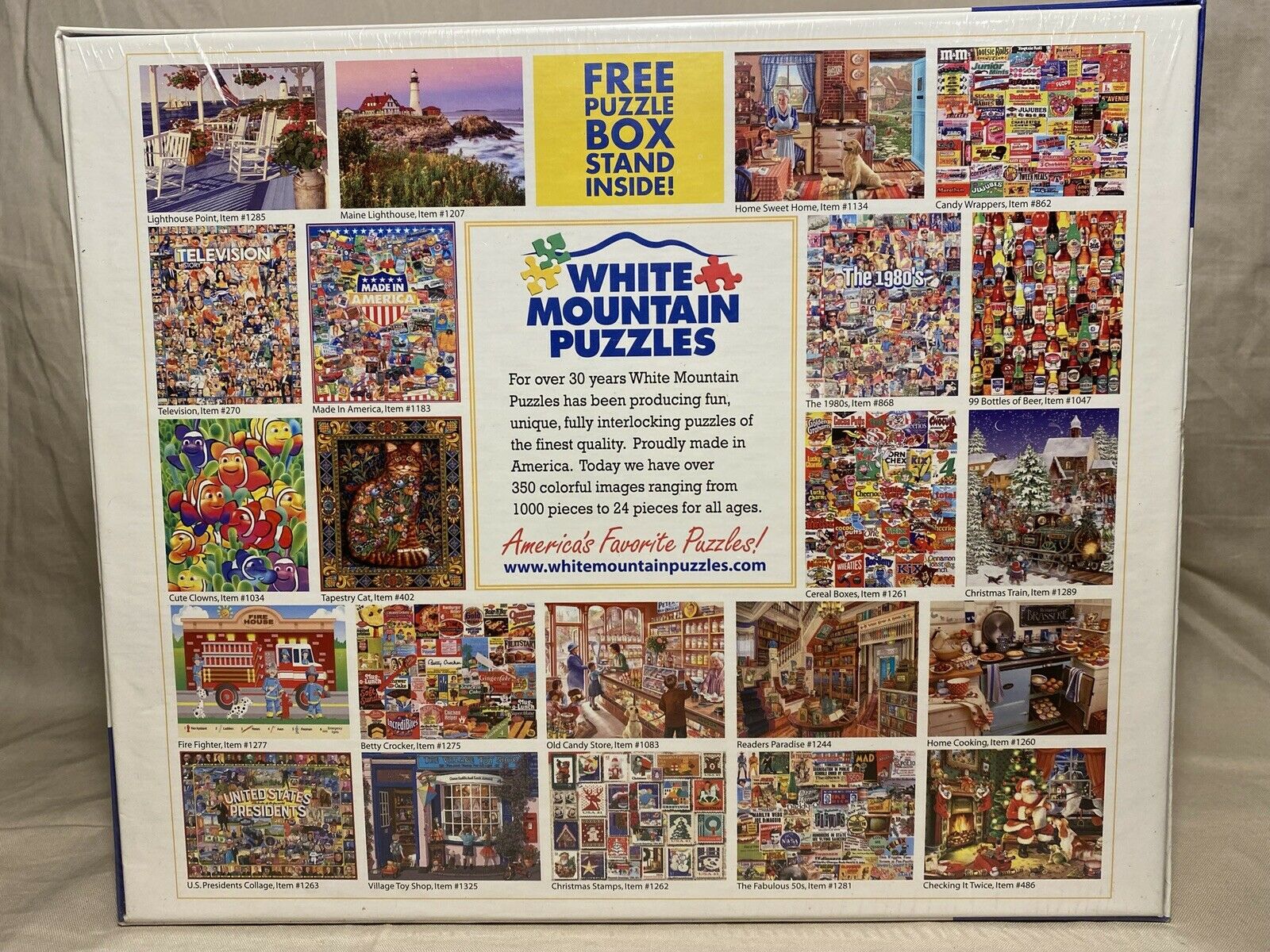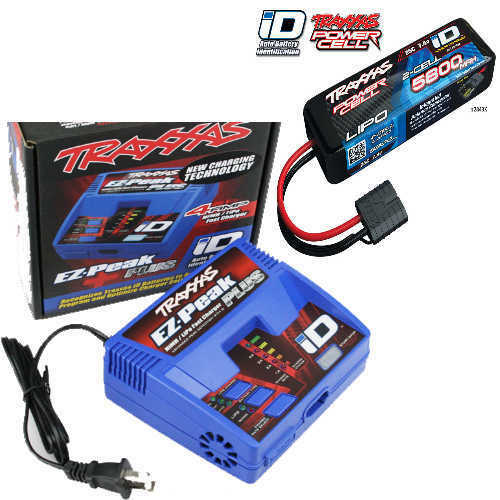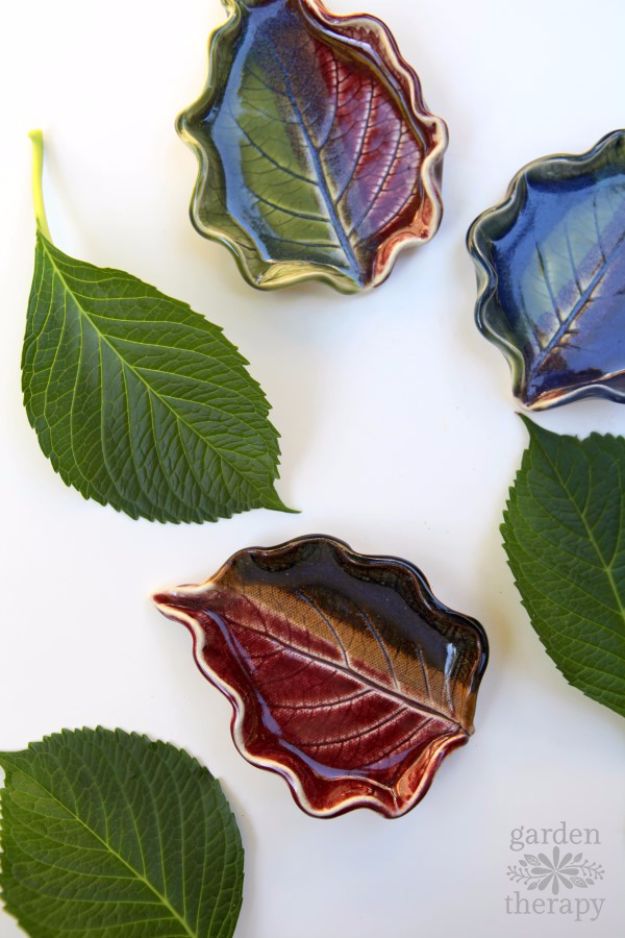
It is best to sort pieces by color to solve a puzzle. This is one of most effective ways to find matching pieces. You might find it easier when you are working on a large puzzle to group the pieces together. To make it easier, you might be able to focus on a single section of the puzzle at once. This will allow you to complete the section without feeling overwhelmed. And you should always work on the right side of a puzzle first.
It is easier to group larger puzzles into general groups.
Color-coding is a good way to organize your puzzle. The border is a limited number of pieces that give the rest the frame. Starting with the border is not always a good way to begin. Generally, it's best to start with the brightest pieces, because they will be easier to identify. It is also a good idea for puzzles of similar colours to be divided into separate groups.

If you are sorting a puzzle, it is a good idea to begin by separating the edges. While this may not work for puzzles with irregular shapes, it can be very helpful for rectangular puzzles. Don't get too caught up in finding every corner and edge piece, though. Instead, do a quick run to get started. Then you'll see if the missing pieces appear later in your sorting process.
The easiest way to match pieces is with color
One of the best ways to find pieces that match when assembling a puzzle is by color. While it may not always be possible, this will make it easier to find matching pieces if you pay closer attention the colors and patterns of each piece. Sometimes pieces in puzzles are of the wrong color, but they are located on the right side. Other puzzles may have pieces of the exact same color but different shapes. This can make it hard to match pieces.
After you have the color of each piece, you can go back and search for the matching pieces. You will be able to quickly identify the matching pieces and can also use the color information to help you find any missing pieces. Curved pieces can be the same. The easier it is to locate pieces that are similar to one another, the more difficult they will be to find. Even though it can be more challenging to locate the matching piece, you may still be able to draw it on the puzzle and you will remember it.
Take small sections to complete puzzles.
Expert puzzle solvers tend to work with small pieces at a given time. They usually start in the middle of the puzzle, where they can see a pattern, then move onwards. They can also move on to the next section if they get stuck. You can save time and feel better when you have completed a small piece of a puzzle. Also, be sure to give yourself enough time for each section.

Sorting pieces makes it much easier to solve a puzzle. This will allow you to quickly build sections. You can, for example, put pieces that are not the same colour together. You can look at them later as you assemble the puzzle. You can also divide pieces of a particular colour into separate piles. This will help you build a specific section.
FAQ
What does it cost to have a hobby?
Hobby costs nothing except time. If you are serious about your hobby it could take years before you achieve your goals.
But there is one thing that can help you. It's called 'passion.' If you have passion for whatever it is you do, you will find it easier to put in the hours required to make progress.
And once you start putting in those hours, you may find that you become addicted to the activity. This is where the real fun begins. Because now you are doing something you enjoy, and you are getting better at it all the time. This will mean that you will have likely made significant improvements by the end.
Do not worry about the time it takes. Give it a shot. You might be surprised at the results!
What are competitive hobbies?
Competitive sports include running, swimming, cycling, golfing, tennis, etc.
They're usually played by people who enjoy physical activity but also provide an opportunity for social interaction.
You will probably find people around you who have the same hobby as you, if you are into physical activity.
This may mean joining a club or group where you meet regularly to play sports together.
Participating in group games, which involve playing alongside others, is another option.
These include: football (soccer), soccer, cricket, netball.
There are many types of competition.
Some competitions exist solely for recreational purposes.
Others are used to assess competitors' abilities.
Yet, there are others that reward exceptional performance.
In these cases, winners receive prizes.
Other competitions aim to assess the strength and endurance of competitors.
These are known endurance events.
For example, marathon races, triathlons, Ironman Triathlon, etc.
Before participating in these events, athletes often train hard.
To prepare them mentally and physically, they will be following a strict training regimen.
They might need to travel some distance during preparation.
It is important that you remember that not every athlete can compete in every type or event.
What are some good hobby ideas?
Hobby Ideas for those who love to teach and learn.
Hobbies are a great way for you to do what you love and also learn something new.
There are many different types of hobbies, but they all have similar characteristics. These hobbies are often enjoyable and require minimal effort.
These also involve helping others.
Even though you might not think of yourself to be a teacher or a tutor, chances are there are things you can do that could help someone else.
If you're looking for more creativity in your life, think about starting a hobby so you can share your talents with others.
Why do we require hobbies?
Hobbies are an important part of our lives because they give us time to relax, unwind, think creatively, exercise, socialize and enjoy ourselves. These hobbies offer us the opportunity to learn new skills, develop valuable lifelong interests, and provide opportunities for us to do both.
Hobbies allow us to find meaning in our lives.
These can often be a great way to get some extra time while you have nothing else.
And they're fun!
If you don't have time for a hobby, then you probably don't have time for anything else either.
Consider all of the possibilities available to your. You might consider starting a hobby if you don't already have one.
What are good hobbies for seniors?
Senior citizens should enjoy engaging in fun activities. Senior citizens should keep active through participation in physical and sports activities.
They might be interested in joining clubs that offer similar interests. This will make them less lonely as they age.
Seniors should also keep up with the latest trends. They could be interested in fashion, art, music and literature.
Is it possible that you can make a lot of money from your hobby?
Not necessarily.
However, it is possible to become wealthy by starting a business around your hobby.
Let's take, for example, that you love cooking. You enjoy healthy food so you opened a restaurant.
You only offer organic meals from scratch. Customers pay a small charge to cover the cost of ingredients and labor.
You will eventually be able to grow your client base and hire people who are willing to work with you.
You can eventually expand your menu to include vegan and gluten-free dishes.
In this situation, you have a successful business which has allowed you the freedom to lead the lifestyle that you want.
This doesn't mean that you have to give up your job.
You could instead run your own restaurant and still hold your 9-5 job.
Statistics
- 37% Video Games 36% Travel 36% Health and Fitness (quizexpo.com)
- Almost 80% of people claim to have no hobby. (hobbylark.com)
- In comparison, men in the “no humor” condition were refused 84.6% of the time and were only accepted 15.4% of the time. (time.com)
- This 100% accurate personality-analyzing hobby quiz discovers your passion based on your characteristics. (quizexpo.com)
- The intensity of the dialogue partners' bond at the end of the forty-five-minute vulnerability interaction was rated as closer than the closest relationship in the lives of 30 percent of similar students. (time.com)
External Links
How To
How to Find the Right Hobby for Me
Ask yourself some questions to find out if your hobby is right.
-
Do I enjoy doing it?
-
Do I get pleasure from it?
-
Are you interested in continuing this hobby even after your age?
-
What are my strengths?
-
What can I do to improve?
-
Would I recommend it to other people?
-
It will bring me joy.
-
Can it help me to relax
-
Is it going to make me feel better?
-
Can it help me to develop skills that I can apply later in my life?
-
Can it help me make new friends?
-
It will allow me to express myself creatively?
-
Will it offer me opportunities to learn new things?
-
Is it going to give me the confidence?
-
It will it give me a sense achievement?
-
Is it possible to achieve financial success?
-
It will allow me to travel.
-
Is it possible to go on new adventures?
-
It will encourage me to exercise.
-
Will it encourage me to work harder and do I feel inspired?
-
Is it going to motivate me?
-
Will it involve me in activities that I wouldn't normally consider doing?
-
Can it be a challenge?
-
It could be fun.
-
Is it going to keep me fit?
-
Will it save money?
-
Can it lower stress levels
-
Is it going to stop me from getting bored?
-
Will it free up my time?